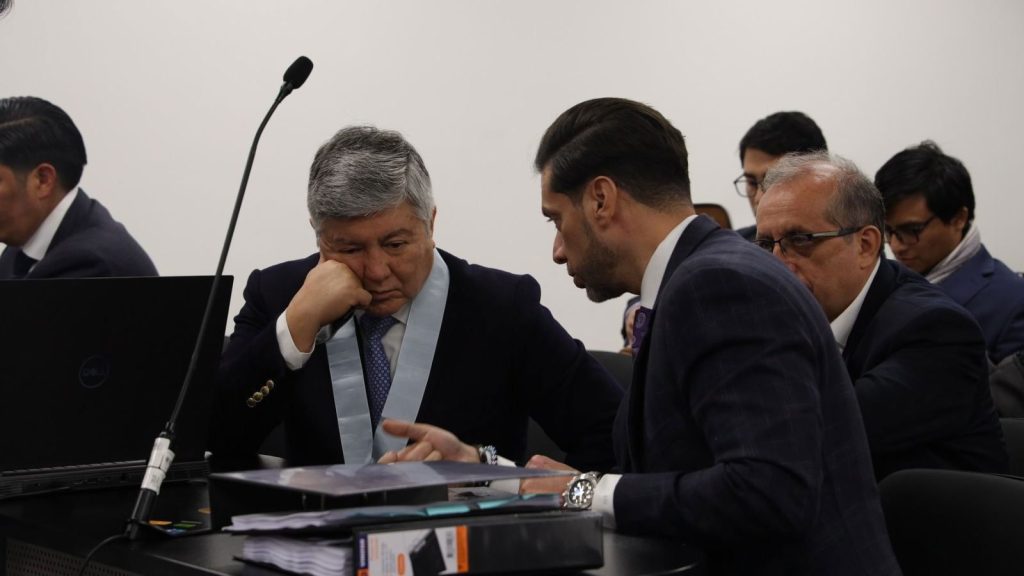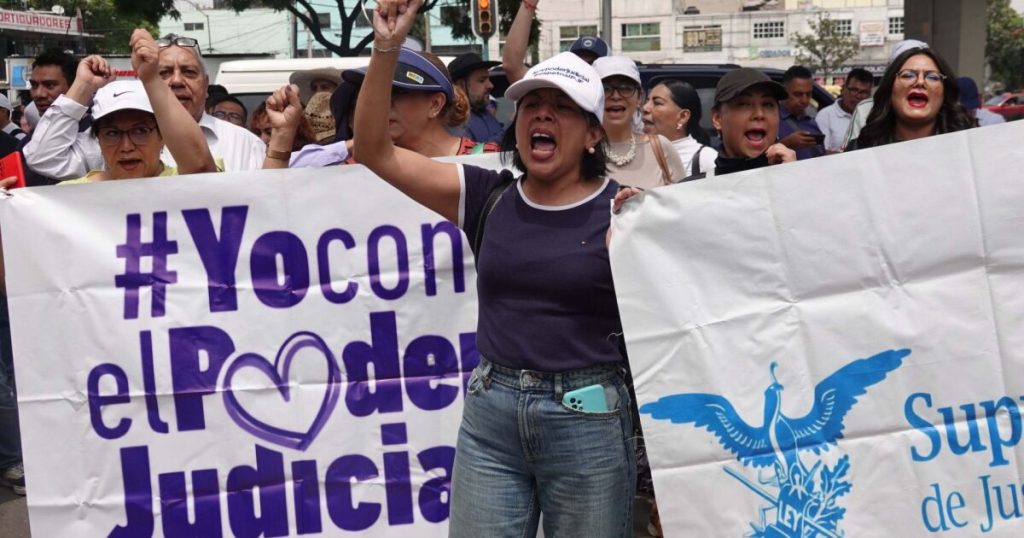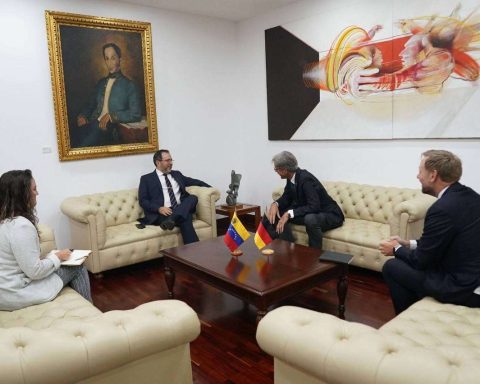The Ortega-controlled parliament approved the reform to the Law Against Money Laundering, Financing of Terrorism and Financing of the Proliferation of Weapons of Mass Destruction (Law 977), which requires remittance agencies to provide information about their clients and beneficiaries in Nicaragua.
With 91 votes in favor, 0 against, and 0 abstentions, the Sandinista assembly approved the reform to Law 977 that authorizes the Financial Analysis Unit (UAF) to request personal information about Nicaraguans abroad who send remittances and their families (beneficiaries). The initiative to reform the Law Against Money Laundering was presented by Deputy María Auxiliadora Martínez.
Sandinista deputy Carlos Emilio López stated during the plenary session that those who oppose the reform of Law 977 “do so because they launder money through companies, associations, societies, foundations or other types of commercial activities that are apparently legal but are in reality fronts.”
López assures that the reform will position Nicaragua at the forefront of the fight against international crime “by approving this legal reform as a leading country, a model country, an exemplary country in the fight against international terrorism.” The Sandinista steamroller had already approved a reform to this law in 2023, in which agencies were required to present details of remittances exceeding 500 dollars.
Sandinista Police and Prosecutor’s Office will handle data of clients and their beneficiaries
This modification to Law 976 ordered by the Ortega regime will also allow the creation of profiles of remittance senders and beneficiaries within Nicaragua, the freezing of money in an expeditious manner and the reporting to the Police and the Prosecutor’s Office of those whom the regime considers «suspects».
In article 9 referring to the «obliged subjects»the Law will mandate agencies to provide information about their clients to the UAF «without being able to claim any kind of reserve or secrecy»so from now on the State can order the immobilization of funds or assets of natural persons, legal entities or organizations.
Among the changes that the Ortega government will impose on the agencies is the implementation of their risk prevention programs for the entire Group, including all its branches, subsidiaries, majority-owned affiliates and representative offices abroad.
In case of refusal, the initiative warns that the agencies, managers and directors of the remittance agencies will be administratively and criminally sanctioned by the UAF, «especially those who refuse the process of identifying the client and the final beneficiary».


















